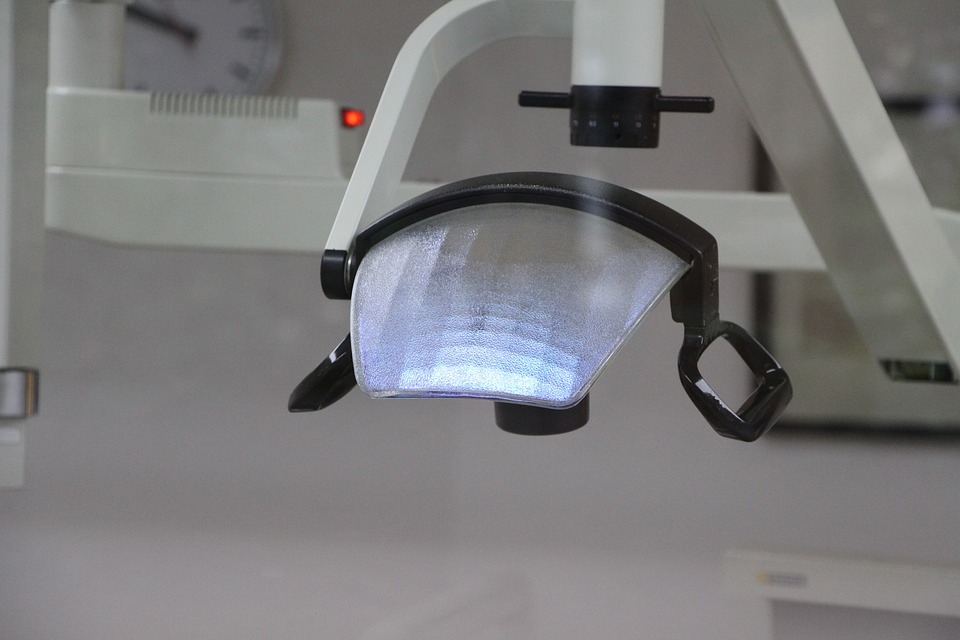When most people think of dental implants, they immediately envision improved aesthetics – a beautiful, natural-looking smile. While dental implants are undoubtedly an excellent cosmetic solution for replacing missing teeth, their benefits extend far beyond mere appearance. Dental implants play a crucial role in improving oral health in ways that other tooth replacement options, such as dentures or bridges, cannot match. From preserving bone density to improving overall functionality, dental implants contribute to long-term oral well-being. In this guest post, we’ll explore how dental implants can enhance your oral health beyond aesthetic results.
1. Preventing Bone Loss
One of the most significant advantages of dental implants over traditional dentures or bridges is their ability to preserve and even stimulate bone growth. When you lose a tooth, the underlying jawbone can begin to deteriorate over time due to a lack of stimulation. This is because natural teeth provide constant pressure on the bone, which helps maintain its density. Without a tooth root in place, the bone begins to resorb, or shrink, which can lead to a change in facial structure and further tooth loss.
Dental implants, however, are different from other restorative options. The titanium post that forms the base of the implant is surgically placed into the jawbone, where it fuses with the bone through a process called osseointegration. This fusion not only provides a secure foundation for the artificial tooth but also stimulates the bone, encouraging it to stay strong and healthy. As a result, dental implants help preserve bone density, preventing the sunken facial appearance that can occur with bone loss.
This ability to preserve bone health is particularly important for individuals who have been without teeth for an extended period. Implants help restore the function of the missing tooth and contribute to maintaining the integrity of the jawbone, providing both health and aesthetic benefits.
2. Preventing Shifting of Nearby Teeth
When a tooth is lost and not replaced, the neighboring teeth can begin to shift into the empty space. This happens because the surrounding teeth no longer have the support they once had, which can lead to misalignment, bite issues, and further dental complications. Over time, this can create a domino effect, where the adjacent teeth become unstable and more prone to damage or decay.
Dental implants prevent this by filling the gap left by the missing tooth and maintaining the integrity of the surrounding teeth. Since implants are anchored into the jawbone and act as a stable foundation, they prevent the neighboring teeth from shifting. This helps keep your bite aligned and ensures that your remaining natural teeth stay in their proper position. In turn, this can help you avoid further dental problems such as overcrowding, tooth decay, and gum disease, which are often caused by the movement of teeth.
3. Restoring Full Functionality and Preventing Jaw Discomfort
In addition to preserving the alignment of your teeth, dental implants help restore full functionality to your mouth. Missing teeth can make it difficult to chew food properly, leading to poor digestion, reduced nutritional intake, and potential jaw strain. Traditional dentures, while an effective temporary solution, often come with challenges like slipping or irritation, making it harder to enjoy a wide range of foods.
Dental implants, on the other hand, function just like natural teeth. They are firmly anchored in the jawbone and provide the same level of strength and stability as real teeth, allowing you to chew your food comfortably and efficiently. Whether you’re eating crunchy vegetables, chewy meat, or sticky foods, dental implants allow you to enjoy all the foods you love without discomfort or fear of your teeth shifting out of place.
Furthermore, missing teeth or ill-fitting dentures can lead to uneven pressure on the remaining teeth and jaw, resulting in discomfort or even temporomandibular joint (TMJ) issues. Since dental implants restore proper functionality to your bite, they help alleviate these types of issues by evenly distributing pressure across the teeth, reducing the risk of jaw pain and other associated problems.
4. Improved Gum Health and Reduced Risk of Gum Disease
When a tooth is missing, the gums in that area can begin to recede, creating an environment where bacteria and plaque can build up more easily. This accumulation of harmful bacteria can lead to gum infection, decay, and, in some cases, more severe conditions such as periodontal disease. Periodontal disease can cause bone loss, tooth mobility, and even tooth loss, which may create a vicious cycle of oral health deterioration.
Dental implants help improve gum health by filling the gap left by the missing tooth and preventing further gum recession. The titanium implant post does not decay or contribute to plaque buildup like natural teeth, but it also doesn’t irritate the gums the way traditional dentures or bridges can. Since implants help maintain the integrity of the jawbone and stimulate tissue growth, they also promote healthier gums around the implant site. In the long run, this reduces the risk of gum disease and the need for more extensive dental treatments.
In addition, dental implants are easier to care for compared to dentures. Unlike dentures, which require special cleaning and soaking, dental implants can be brushed and flossed like your natural teeth. This ease of maintenance further supports gum health, as it helps prevent the buildup of plaque and bacteria that can lead to gum disease.
5. Minimizing the Risk of Further Tooth Loss
Dental implants don’t just replace the missing tooth; they also play a crucial role in preventing further tooth loss. As mentioned earlier, when a tooth is lost, the surrounding teeth can shift or become unstable, leading to a domino effect that results in more missing teeth. By replacing a missing tooth with an implant, you can stabilize the surrounding teeth and prevent further tooth loss.
Additionally, dental implants help maintain the health of the entire mouth, which is essential for preserving your natural teeth. With implants preventing bone loss, gum recession, and misalignment, they create an environment that reduces the risk of further dental problems down the line. This contributes to long-term oral health and a stable bite, making dental implants a great investment for preserving the overall health of your mouth.
Conclusion
While dental implants are often sought for their aesthetic benefits, their impact on oral health is equally impressive. Beyond providing a natural-looking smile, dental implants offer significant advantages in preserving bone density, improving gum health, restoring full functionality, and preventing further tooth loss. They provide a long-term solution that enhances your overall oral well-being, making them an excellent choice for anyone looking to improve their oral health and quality of life.
Whether you’re considering dental implants for cosmetic reasons or to restore lost functionality, the health benefits are undeniable. By choosing dental implants, you’re not just improving the appearance of your smile – you’re investing in the future of your oral health.




